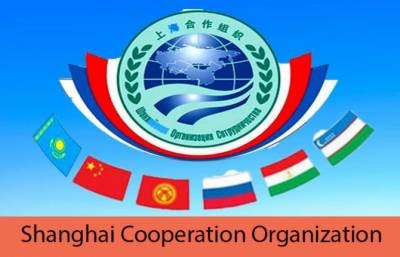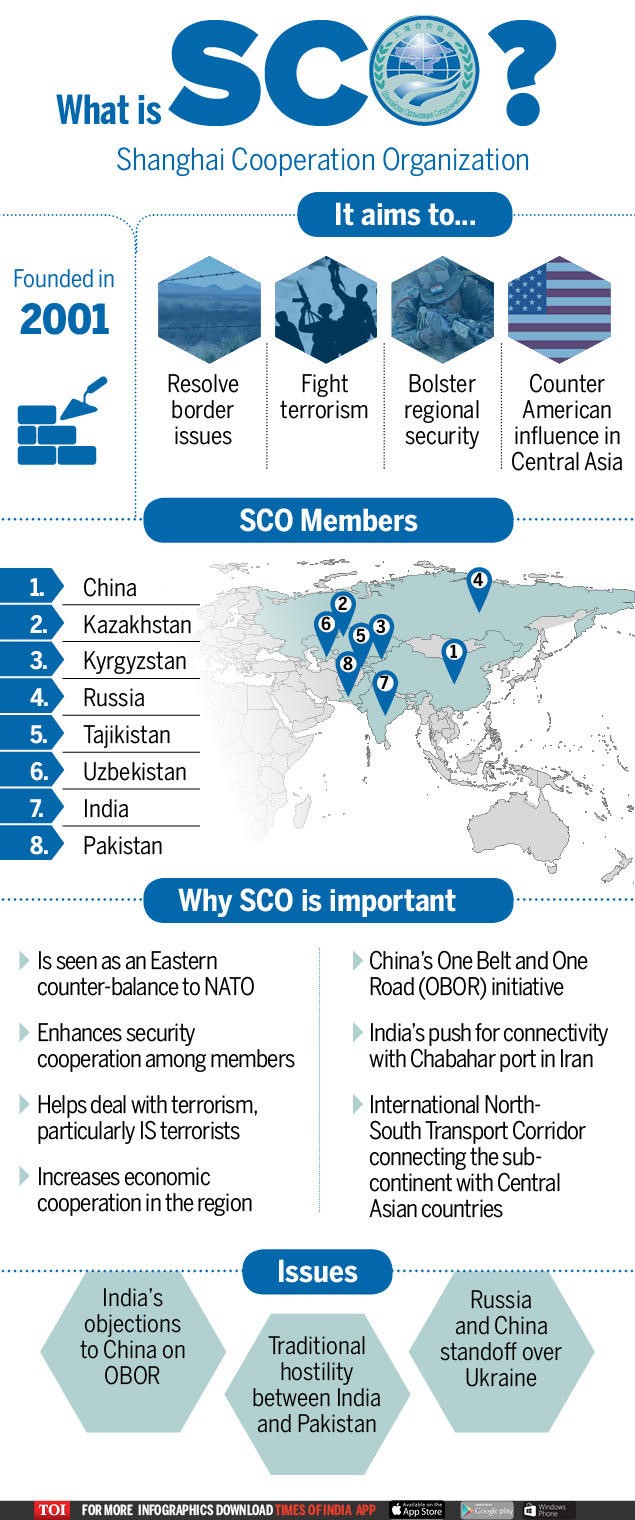Description

Disclaimer: Copyright infringement not intended.
Context:
- Iran and Belarus are likely to be the two newest additions to the China and Russia-backed Shanghai Cooperation Organisation (SCO) grouping
More on the news:
- Expanding the group is among the issues that leaders of the grouping, including Prime Minister Narendra Modi, Russian President Vladimir Putin and Chinese President Xi Jinping are likely to discuss at the SCO summit in Samarkand, Uzbekistan, in September.
- China, Russia and four Central Asian states — Kazakhstan, Kyrgyzstan, Uzbekistan and Tajikistan — were the founding members of the SCO, while India and Pakistan joined the grouping in 2017 in its first round of expansion.
- Last year’s summit in Dushanbe agreed for Iran to join, while Belarus has also begun the membership process.
- China and Russia are looking to frame the grouping as a counter to the West — particularly after Russia’s invasion of Ukraine.
- The expansion of NATO is totally different as the SCO is a cooperative organisation based on non-alignment and not targeting a third party.
- India will host the SCO summit next year, and Varanasi has been selected as the SCO region’s first “Tourism and Cultural Capital.
About SCO:

Disclaimer: Copyright infringement not intended.
What is SCO?
- It is aEurasian political, economic, and security alliance.
- The original five nations, with the exclusion of Uzbekistan, were previously members of the Shanghai Five group.
- Since then, the organisation has expanded its membership to eight countries when India and Pakistan joined SCO as full members on 9 June 2017 at a summit in Astana, Kazakhstan.
- The Heads of State Council (HSC) is the supreme decision-making body in the SCO.
- It is the largest regional organisationin the world in terms of geographical coverage and population, covering three-fifths of the Eurasian continent and nearly half of the human population.
- The SCO is widely regarded as the"alliance of the East", due to its growing centrality in Asia-Pacific, and has been the primary security pillar of the region.
- The Regional Anti-Terrorist Structure (RATS),headquartered in Tashkent, Uzbekistan, is a permanent organ of the SCO, which serves to promote cooperation of member states against the three evils of terrorism, separatism and extremism.
Criticisms of the SCO
- It is used by member states to shield each other from international criticism regarding human rights violations.
- Even after 19 years, the SCO is struggling to emerge as a cohesive organisation because it lacks coherence on account of China’s pre-pondering influence.
India-SCO:
- It is the only regional grouping in the vast Eurasian space.
- The specific advantage for India lies in the SCO providing a robust platform for connecting with countries of Central Asia, which comprise our extended neighbourhood and with whom India shares millennia of vibrant, multifaceted linkages.
- Central Asia and Afghanistan are vital for India’s security, meeting its energy requirements, connectivity, trade and economic progress and growth.
- India through its active participation has strengthened greater trade, economic and cultural cooperation within SCO by putting human beings at the centerof SCO activities.
- It has fostered greater peace and prosperity in the region.
- India’s initiatives have emphasised its commitment to expanding its partnership with SCO by playing a proactive, positive and constructive role in the organisation.
https://epaper.thehindu.com/Home/ShareArticle?OrgId=G4CA1OEVT.1&imageview=0
1.png)















